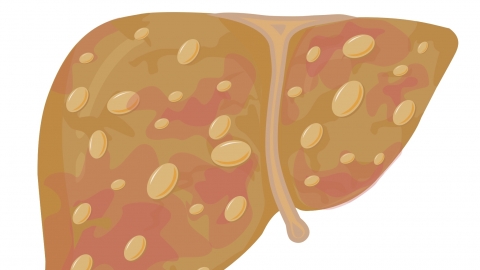Do all liver cancer patients have hepatitis?
Generally speaking, not all liver cancer cases are associated with hepatitis. Some liver cancer patients have a history of hepatitis, while others do not have any hepatitis-related issues. The specific cause must be determined based on the underlying etiology of the liver cancer. Detailed analysis is as follows:

The majority of liver cancer patients are related to hepatitis, especially those with chronic hepatitis B or chronic hepatitis C. Long-term viral replication in the liver continuously damages liver cells, leading to recurrent liver inflammation and fibrosis, which may gradually progress to cirrhosis and ultimately result in liver cancer.
However, some liver cancer patients do not have a background of hepatitis. Their condition may instead be linked to long-term heavy alcohol consumption, non-alcoholic fatty liver disease, genetic factors, or eating moldy food. For example, prolonged alcohol use can lead to alcoholic liver disease, which may progress to alcoholic cirrhosis and subsequently trigger liver cancer. Patients with non-alcoholic fatty liver disease may develop liver cancer due to hepatic steatosis and inflammation, even in the absence of viral hepatitis—these cases are not directly associated with hepatitis.
In daily life, liver health should be prioritized. Individuals with a history of hepatitis should follow medical advice for standardized treatment and undergo regular monitoring of liver function and liver ultrasound. Those without hepatitis should avoid alcohol, maintain a healthy weight, refrain from eating moldy food, and adopt healthy lifestyle habits to reduce the risk of developing liver cancer.






